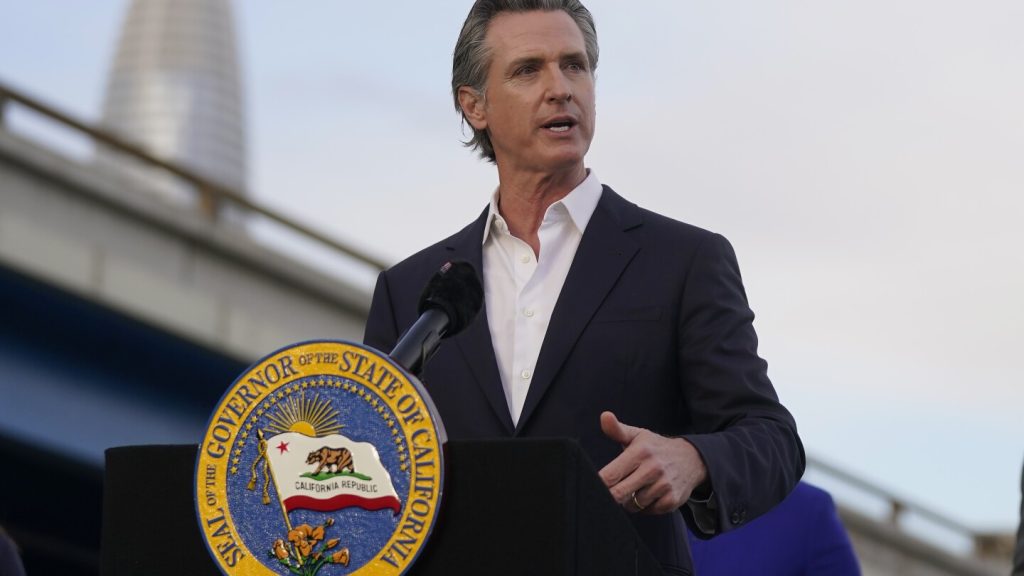The city of Oakland, California, has announced the installation of 480 high-tech surveillance cameras in an effort to combat crime. These cameras, provided by Flock Safety, can identify and track vehicles by license plate, type, color, and even decals and bumper stickers. Governor Gavin Newsom, who has deployed state attorneys and California Highway Patrol officers to assist Oakland in its crime crackdown, believes that this surveillance network will provide law enforcement with the tools needed to effectively combat criminal activity and hold perpetrators accountable.
Public safety concerns, particularly regarding retail theft, have led even liberal leaders of Democratic cities to increase policing. In Oakland, where crime rates have surged, major employers like Blue Shield of California, Clorox, Kaiser Permanente, and Pacific Gas & Electric have announced a joint $10 million security program to improve public safety and protect employees. However, critics like Cat Brooks, executive director of the Anti Police-Terror Project, argue that the money should instead be invested in resources that support marginalized communities, rather than further militarizing them through faulty surveillance technology.
The contract with Flock Safety will cost $1.6 million for the first year and nearly $1.5 million for each subsequent year. Flock Safety, based in Atlanta, Georgia, operates in 47 states and 5,000 communities across the country, including schools, cities, neighborhood associations, and police departments. Nearly 300 of the cameras will be deployed on city streets, with the remainder placed on nearby state highways. To address privacy concerns, footage will be retained for 28 days and will not be shared with third parties beyond California law enforcement, according to Newsom’s office.
Critics of the surveillance cameras argue that the technology infringes on privacy and will lead to further police abuse of already marginalized communities. Connor Metz, a spokesperson for Flock Safety, stated that the company’s technology has been utilized in various communities nationwide, including schools, cities, and neighborhood associations. However, advocates like Cat Brooks argue that the resources allocated to the surveillance network could instead be used to address social issues such as housing, education, job training, and healthcare, which are essential for building safe and thriving communities.
Earlier this month, voters in San Francisco approved a ballot measure backed by Mayor London Breed to grant police access to drones and surveillance cameras. This move reflects a broader trend of increasing surveillance technology in cities across California in response to rising crime rates. While proponents argue that these measures are necessary for public safety, opponents continue to raise concerns about privacy violations and the potential for further targeting of marginalized communities. The debate surrounding the use of surveillance technology highlights the complex balance between public safety and individual rights in modern urban environments.















